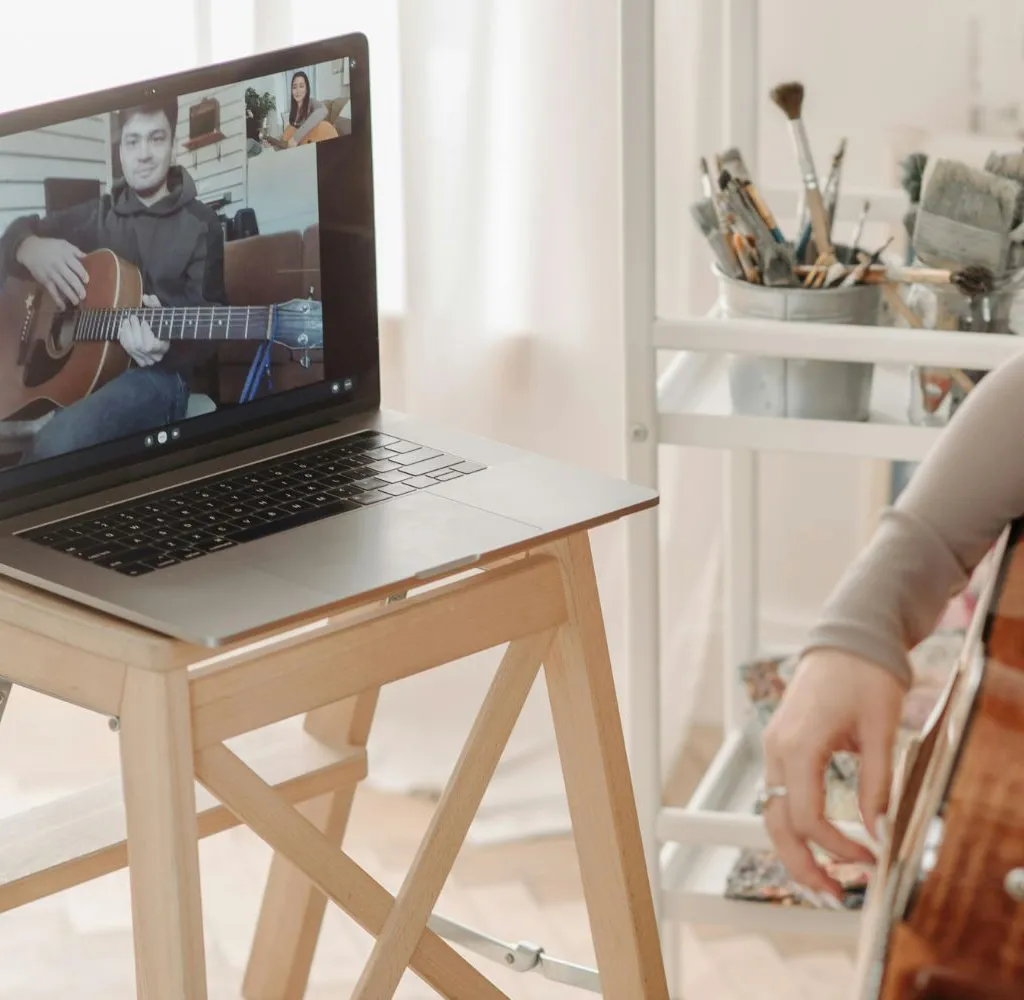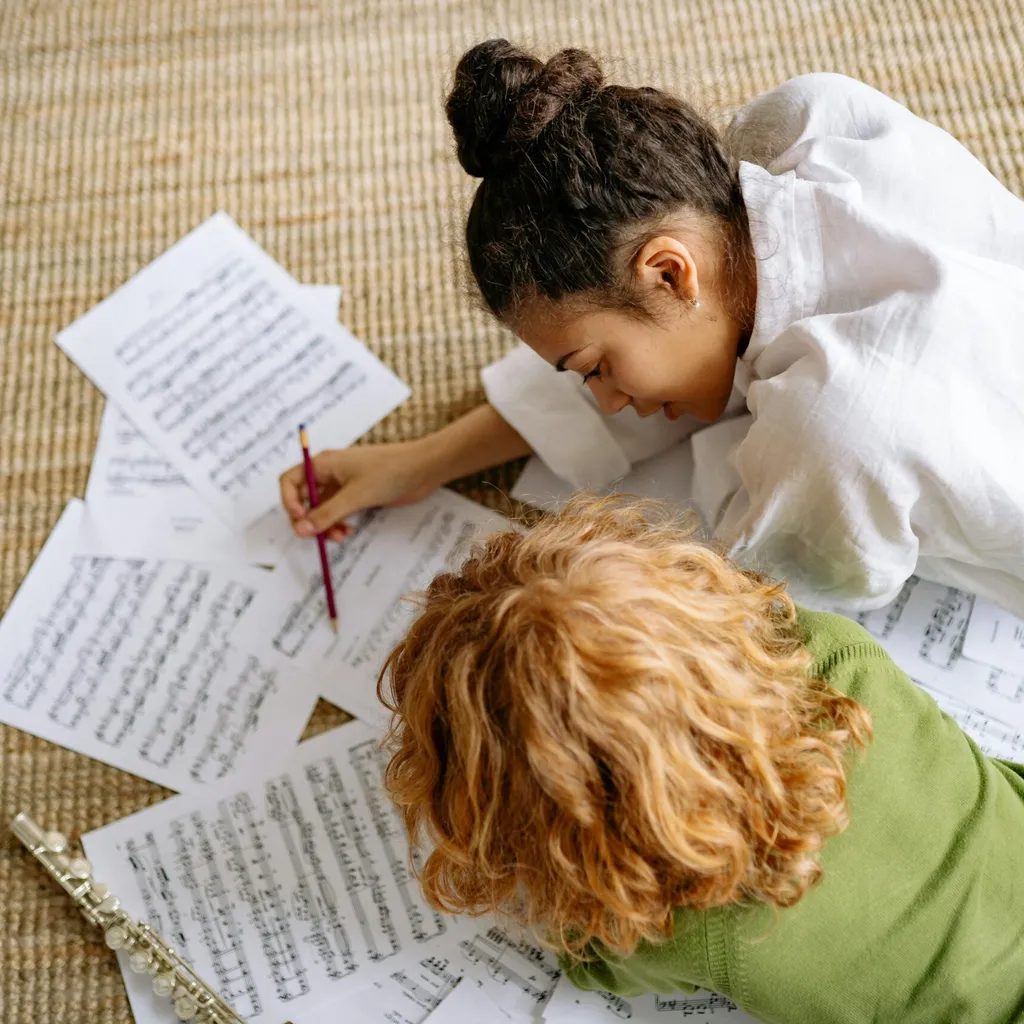The best way of finding a music teacher is to ask around. Find recommendations from friends or others within your community. While there will be flyers and advertisements in supermarkets, newsagents and libraries, you can't guarantee the quality of the teaching. Recommendations are key! Once you have established contact with a prospective teacher, a quick conversation should answer your preliminary enquiries and give you some idea about whether they are genuinely offering good advice. These are some top tips for choosing a music teacher.
Top tips for how to choose a music teacher
Find out how much the teacher charges for music lessons
A qualified music teacher should charge between £30 and £45 per lesson (although lessons with a first-class soloist may cost up to £200 or beyond). The Musicians' Union recommends teachers charge a minimum of £38.50 per hour, although this rate also includes marketing and administration. You may find a cheaper way of learning an instrument is to join a group lesson, but the tutoring will inevitably be less tailor-made for you and you may not progress as quickly.
Remember that professional players will often be working or touring, and lessons will inevitably be more intermittent than they would be from a full-time teacher.
Choose your teaching method
If you've found a teacher that sounds good, is their teaching method structured in a particular way, or biased towards one particular system – such as Suzuki for violin? If so, research that teaching method. It may or may not be for you!
Do you want to do exams?
You need to decide whether it's important for you or your child to be entered for graded exams – and how much focus you want to give to exams. Some teachers will place more emphasis on exam results than others, so decide what your priorities are with learning an instrument and how you'd like to measure your success.
Do you need the teacher to come to your home?
If you need an at-home music teacher, you will need to find out early in the conversation whether that is possible. Some may work from their own homes, while others will base themselves at a studio, school or music college. They may be willing to travel, but might charge more for that. If you're someone that works away from home or will struggle to be in the same place at the same time every week for a lesson, maybe ask whether you can learn with the music teacher remotely via Zoom. Ask the important questions now!

Does the teacher have access to bands or ensemble playing?
A great way to learn more about your instrument and the world of music-making more generally is to join an ensemble or take part in chamber music playing. It will help you grow as a musician, introduce you to interesting repertoire and give you more real-world performance opportunities outside of the practice room. Does your teacher offer opportunities for performance and playing with others with bands or chamber music groups?
- Easiest instruments: ten best instruments for easy learning
- Hardest instruments to learn: ten most challenging musical instruments
Are they focused on jazz or classical music?
For wind instruments such as the clarinet, saxophone and trumpet, the teacher might be geared towards classical music – but they also might specialise in jazz. You need to decide whether you're more interested in one or the other – or both! Your decision should influence your choice of teacher. The same goes for folk or trad playing: do you want to learn fiddle music or Bach sonatas?
What specific instrument are you interested in?
You've picked your instrument – but there may be several specialties within that field. For a percussionist, are you looking to learn the drum kit or tuned percussion? There are teachers that will specialise in one or the other – and many who'll look at both. Decide what you're interested in and choose your teacher accordingly.

